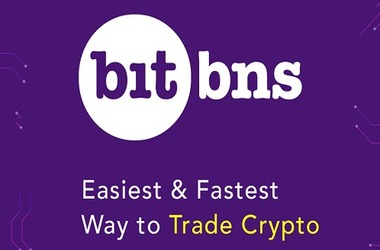
RAM is used to store data in an in-memory database. DApps will use this to store state information so it is quickly available to their app. Also creating an account requires RAM as well.
As a normal user, 8kb of ram from the snapshot will be all a user ever needs. For a DApp or creating accounts, a ram purchase is required.
RAM is not RAM in the traditional sense (onboard silicon), but it really refers general storage in the EOS IO in memory DB. When an account is created, some of the data for the account is stored in the in memory DB and it uses some of the memory bought / available to an account.
An increase in the development of EOS smart contracts will lead to an increase in the need for EOS RAM and a subsequent rise in prices.
#EOS RAM trading goes live in 15 mins. #Blockchain ?
First platform to trade EOS RAM pic.twitter.com/z50T8XUfP9
— Bitbns (No, not giving away ETH) (@bitbns) July 6, 2018
Following the EOS mainnet launch, the price of EOS RAM increased from a mere $0.01 per kb to $0.57 per kb. Only ~17% of RAM is available for direct sale. The EOS RAM can be traded against USDT, FIAT & EOS in the Bitbns exchange.
As EOS RAM isn’t a token that can be moved off the network, the question is how the exchange was able to offer it for trading. Either the exchange should buy RAM and convert it into token or offer it as futures contract. Either way, the US SEC may take a note of it. Bitbns is a new cryptocurrency trading platform created in December 2017, which is already one of the largest platforms in India.
EOS is an alternative to Ethereum, created by Dan Larimer, who is also the developer of Steemit and Bitshares. EOS is designed to build distributed applications that have the shares similar features as centralized equivalent, for example, avoiding the need to pay for each transaction. EOS allows any type of application to be built, run and managed by the EOS operating system, creating higher level of transparency.